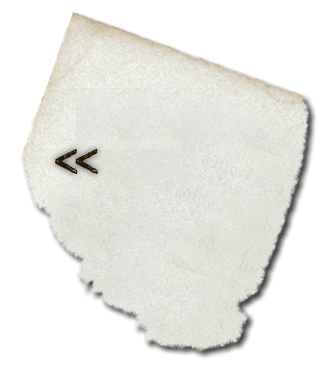Lauren Camp
Discussing Death As a Conscious Activity
(Inspired by film director Tony Scott who jumped to his death
from Vincent Thomas Bridge, August 19, 2012)
If you’re snug in your life when a man in a red cap jumps
from a bridge to an under story, under a wave or a door
to the ocean, to a torrent less daylight, more prayer,
less phantom, you might not consider the river of children
he leaves behind. But when Merle came by in June
with her two grandsons and they stood on your porch,
tow-headed and particular, you thought of the mother
who couldn’t manage her batch of compulsions,
you thought of her strategy, and of course everyone
now assembles to whisper. You thought of the grass
and sky she ripped from those boys, whose gaze
will lift-off and follow any woman they see, who said
please and thank you just right. And if, on the screen,
you nibbled the links of a man wearing loss on his head,
the ample rumor of red, you could forgive yourself
the invitation to enter, you were surrounded by news,
and anyway, you looked up, trying to find a way out –
just as a tanager flew toward and peered in your window
with his ebony eyes. Where you might have read danger,
in departure, there remained only feathers, and later,
the perception of roses — not perfume, but stem
and thorn, which made you forgive all the red and not-
red that you’ve done all your life, and allow even
faint shades of fire. Your friend Lenny said he hates
people who do that – who jump, who swing forward
and don’t bring themselves back, and David claims
it’s not what we’re here for. It’s selfish, he says. You think
about this, but still have trouble turning hysteria
around. You’ve always been open to hope, and the one
time you traded your spices for pain, even then,
you shook yourself out. Your greatest shelter is pretending
all people will remain hoisted on bridges. Last week
at Karen’s, with 61 strangers, you recited 108 six-
syllabled mantras for Kevin whose life neatly folded
around him: om mani padme hum. You built a structure
of compassion with your parallel voices, as crimson
beads slipped down a string. Though his life digressed
into cancer, and the body whittled to syllables and bone,
his story went on: om mani padme hum, om mani padme
hum. You didn’t know what it meant, but you said it
and lifted your head. As many times as it took to be
damaged and returned, he stayed, holding to earth,
and at the memorial, his three-year old son ran by
with goggles, seeing through generations ghosts
in invisible water – what did not happen, what did;
one man lying beneath the hem of a pylon, the other
pulling open a curtain each morning to let in each
grimace of light. One man perched in the span between
witness and pulse, the other accepting his pardon.
Of the man in a cap who saw only feet of the stars,
do we care? We have cried for smaller things. Sometimes
belief doesn’t fit us at all. Sometimes bodies just fall.




